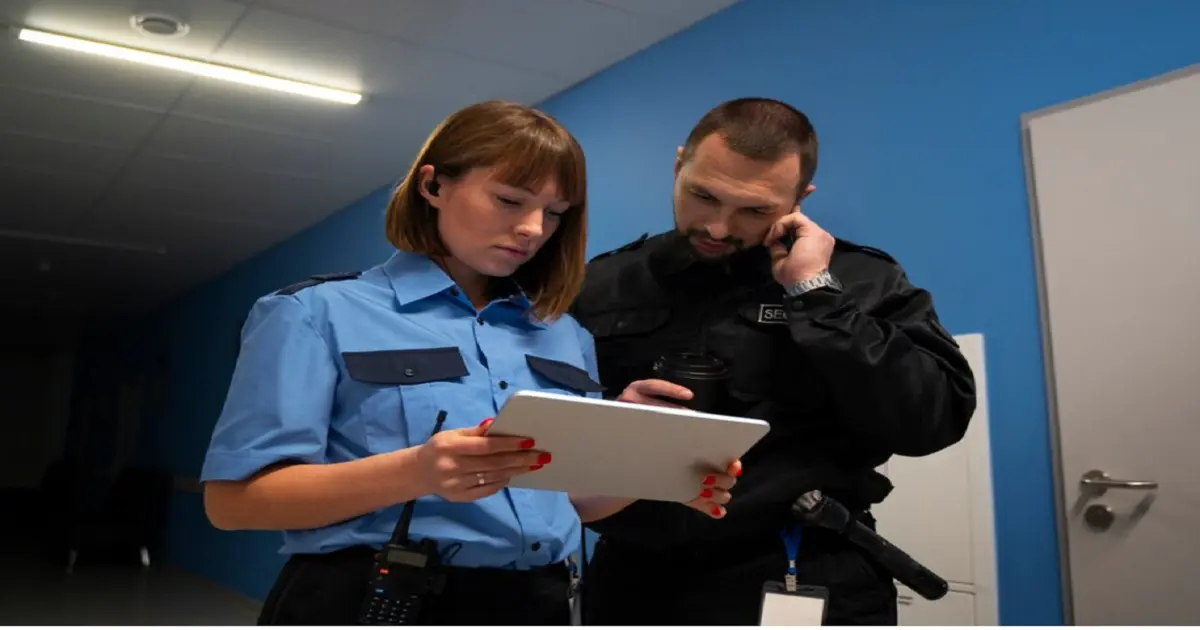The world of law enforcement comes with its own unique culture, and part of that culture includes a fascinating language of slang and jargon. These terms help police officers communicate efficiently, foster camaraderie, and maintain confidentiality. In this article, we’ll break down the concept of law enforcement slangily, explain its purpose, and explore its impact on policing and public perception.
What Is Law Enforcement Slangily and Why Is It Used?
It refers to the informal language or jargon used daily by officers. This language isn’t just for fun—it serves real, practical purposes:
- Quick Communication: In high-pressure situations, officers need to convey information fast. Slang simplifies messages, saving precious time.
- Confidentiality: Certain terms are used to keep sensitive information from being easily understood by suspects or the public.
- Camaraderie: Slang creates a shared bond among officers, building trust and teamwork within the force.
Common Examples of Law Enforcement Slangily
Here’s a closer look at some of the most common terms used in law enforcement and their meanings:
| Slang Term | Meaning |
|---|---|
| Badge Bunny | A person who is romantically attracted to police officers. |
| Beat | The specific area an officer is assigned to patrol. |
| BOLO | “Be On the Lookout” – an alert to locate a person or object. |
| Perp | Short for “perpetrator,” referring to a suspect. |
| Thin Blue Line | A term symbolizing police maintaining order in the face of chaos. |
These terms are essential components of law enforcement slangily, helping officers communicate effectively in diverse scenarios.
How Law Enforcement Slangily Varies by Region
Police jargon is not universal—it reflects the culture and practices of each region. Here are some examples of how it differs:
- United States: Terms like “Five-O” (a nickname for police) and “Hot Pursuit” (a high-speed chase) are well-known.
- United Kingdom: Officers are often called “Bobbies”, a nod to Sir Robert Peel, the founder of modern policing.
- Australia: The term “Booze Bus” refers to mobile units used for random breath testing.
These regional differences highlight the adaptability of law enforcement slangily to local contexts.
How this Law Evolves Over Time
Just like any language, law enforcement slangily evolves. New terms emerge as policing practices and technology change:
- Technology: The rise of cybercrime brought terms like “cybercop” into common usage.
- Pop Culture: Movies and TV shows influence slang. For example, “G-Men” became a popular term for FBI agents thanks to Hollywood.
- Modern Policing Practices: Initiatives like community policing introduce new vocabulary into the mix.
The dynamic nature of law enforcement slangily ensures it remains relevant to the changing landscape of law enforcement.
The Impact of Law Enforcement Slangily on Public Perception
While slang serves a clear purpose for officers, it can also affect how the public perceives law enforcement. Here’s how:
Positive Impacts
- Relatability: Slang makes officers seem more human and approachable.
- Insight: Understanding the language gives the public a glimpse into the unique challenges officers face.
Potential Drawbacks
- Professionalism: Overusing slang in public settings may seem unprofessional.
- Perception: Some terms, such as “Skell” (a derogatory term for a homeless person), can damage relationships with the community.
It’s important for officers to use this law’s responsibly to maintain trust with the public.
FAQs
1. What does law enforcement slangily mean?
It refers to the informal, specialized language or jargon used by police officers to communicate effectively.
2. Why is law enforcement important?
It helps officers communicate quickly, build camaraderie, and keep sensitive information confidential.
3. Does law enforcement differ by region?
Yes, the terms and phrases used vary across countries and local departments, reflecting regional culture and practices.
4. Can civilians use law enforcement slangily?
Civilians can use these terms, but understanding their context is essential to avoid miscommunication.
5. Does slang impact public trust in police?
Yes, excessive or inappropriate use of this law can seem unprofessional and harm public trust.
Conclusion
Law enforcement slangily is an integral part of police culture. It goes beyond words, serving as a tool to enhance efficiency, build unity, and adapt to the demands of modern policing. While it has practical benefits, officers must use it thoughtfully to ensure professionalism and public trust. Understanding this unique jargon bridges the gap between law enforcement and the communities they serve.
For more important news please visit my website: Make 1M
